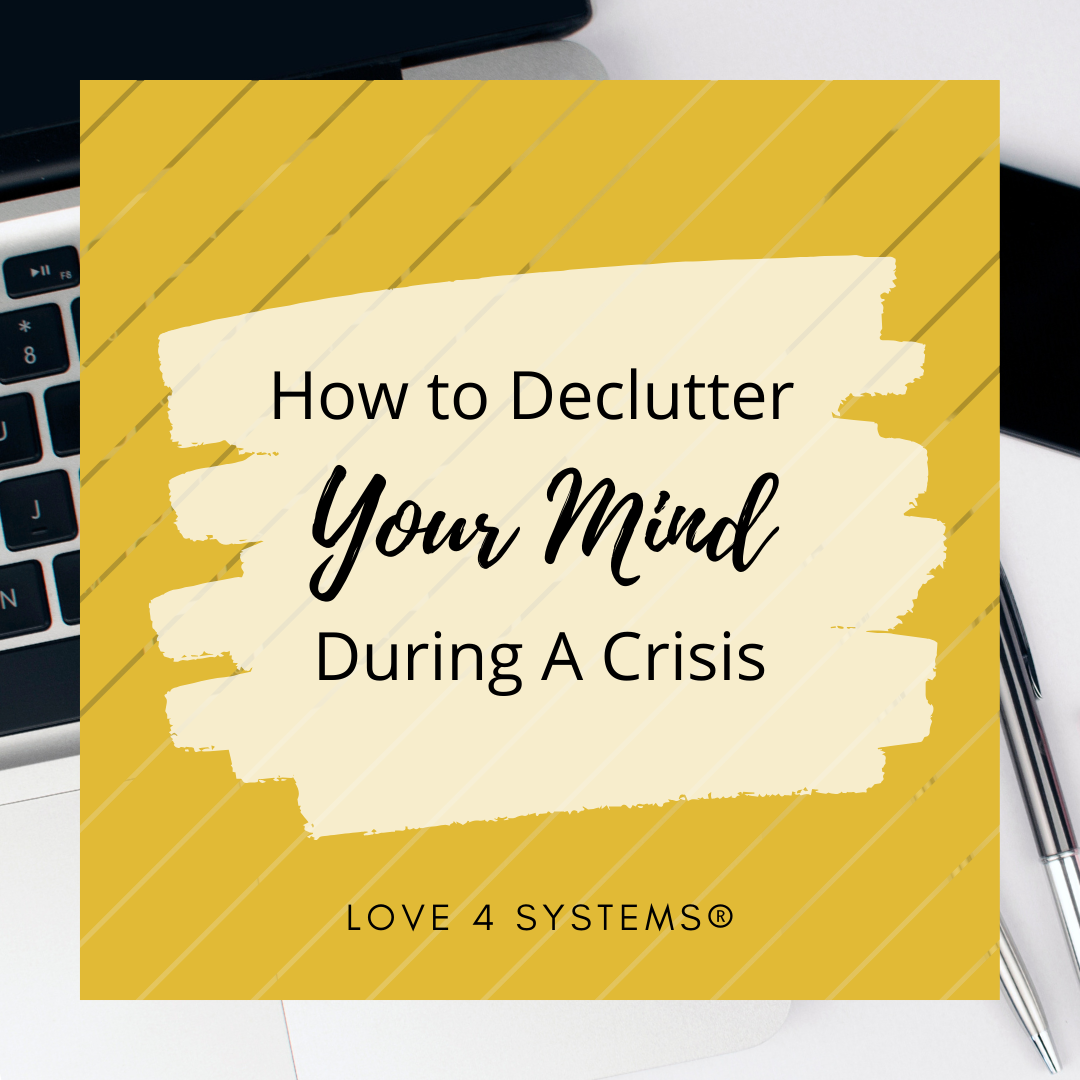During a crisis, communication to your employees and your customers is very critical to effectively carrying out your plan. Make sure to outline #policies for how you #communicate, when you communicate, and what methods of communication you will use.
This includes how you communicate to your #employees, how you communicate to your #customers, and how you communicate to other #stakeholders you work with. You want to make sure that your staff understands what is going on, how it is impacting business, and then you will need to provide very specific instructions around work expectations. For example, if the crisis calls for #WorkingFromHome, be sure to provide information around work hours, how to connect to your network, how to communicate with each other, and how your leadership team will communicate with them. Daily correspondence via email or on an app, or updates directly from your leadership teams is highly recommended.
Immediately after a crisis kicks in you need to communicate updates to customers. Depending on the nature of your business and the level of impact, you may need to only craft a few short email messages informing customers of any disruptions. Post the messages on ALL your social media platforms including your website. If your technology or #production is impacted you will need to provide more detailed information with timelines. Be sure if nothing else, your customers are able to reach your customer service teams directly either via email, phone, video conferencing, chat bots, or within the app. In any situation I highly recommend that you send communications via multiple channels–direct phone calls, text messages, email, app notifications, etc. This IS one of the most important elements to ensure the success of your business.
What communication strategy have you had to implement since #COVID-19 has impacted us?




